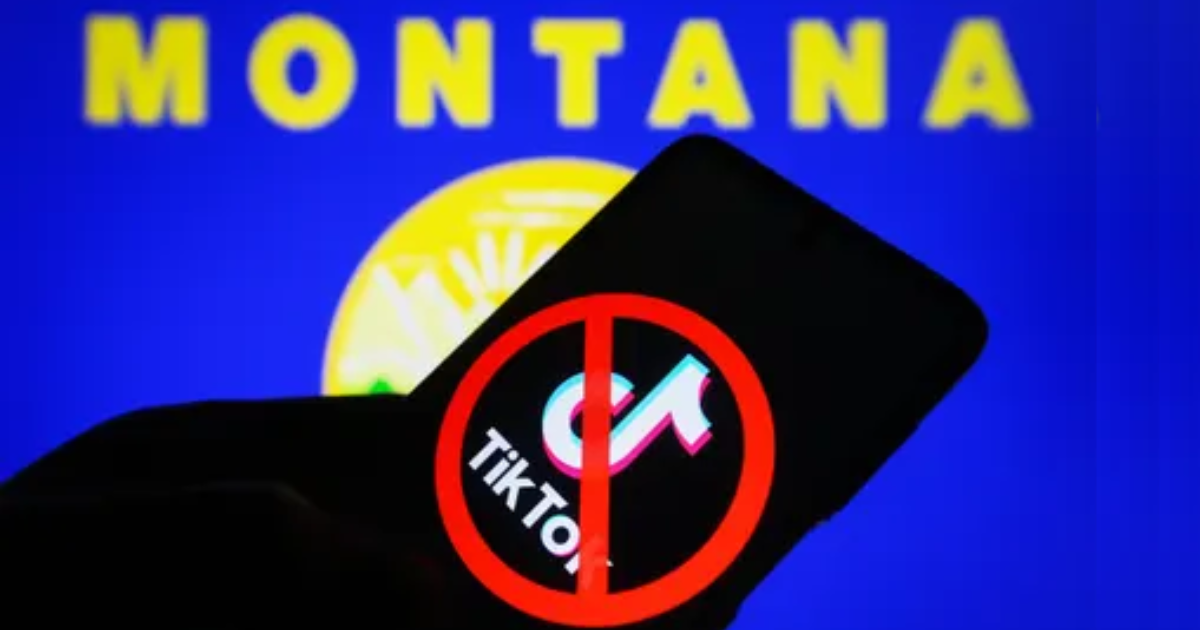In a dramatic turn of events, popular social media platform TikTok has retaliated against Montana’s recent ban on the app by filing a lawsuit. Last week, Governor Greg Gianforte signed a law that prohibited the use of TikTok within the state, citing concerns over national security and data privacy. However, TikTok firmly contends that the ban infringes upon the company’s constitutional rights and undermines its ability to host and distribute user-generated content.
TikTok’s complaint argues that Montana’s ban is unconstitutional as it interferes with the company’s right to conduct interstate business. The company further claims that the state is overstepping its boundaries by legislating matters of national security, a domain typically handled by federal regulators. By imposing such a ban, Montana places an undue burden on TikTok’s ability to operate within the state and engage with its hundreds of thousands of users.
To address the ban, TikTok is seeking an injunction from the court to block Montana’s restrictions. If granted, this would allow the app to continue operating while legal proceedings resolve the pertinent issues at hand. TikTok spokesperson Brooke Oberwetter expressed confidence in their legal challenge, citing strong precedents and compelling facts to support their position.
TikTok’s battle against the Montana ban comes amid growing pressure faced by the company from both Congress and state legislatures across the United States. While rules limiting TikTok usage on government-owned devices and college networks have been implemented, Montana’s all-encompassing ban significantly escalates the threat. However, the enforceability of a state-level ban on a specific app remains uncertain.
Governor Gianforte defended Montana’s decision, emphasizing the state’s commitment to protecting citizens’ private data and sensitive personal information from potential exploitation by the Chinese Communist Party. Such claims, however, lack substantiation regarding TikTok’s data sharing practices with the Chinese government.
In a separate legal action, five TikTok creators have filed their own lawsuit against Montana, contending that the ban violates their First Amendment rights. They argue that the law overly broadens its scope to restrict and ban protected speech of all TikTok users in the state, based on speculative and unsubstantiated claims of potential espionage by the Chinese government.
As TikTok takes on Montana’s ban through legal means, the outcome of this high-stakes battle will undoubtedly have significant implications for the future of the app’s presence within the state and the broader landscape of digital rights and regulations.



![[CITYPNG.COM]White Google Play PlayStore Logo – 1500×1500](https://startupnews.fyi/wp-content/uploads/2025/08/CITYPNG.COMWhite-Google-Play-PlayStore-Logo-1500x1500-1-630x630.png)